Browsing: Medical Students
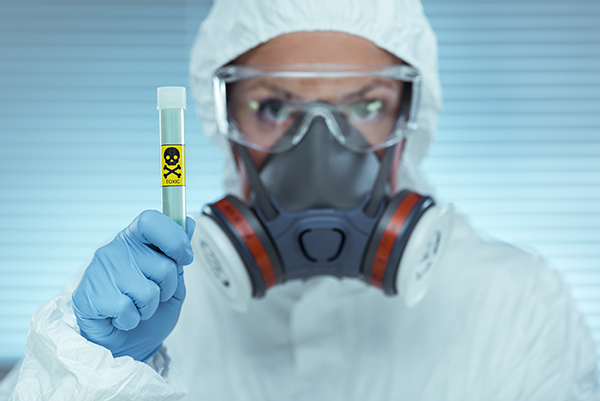
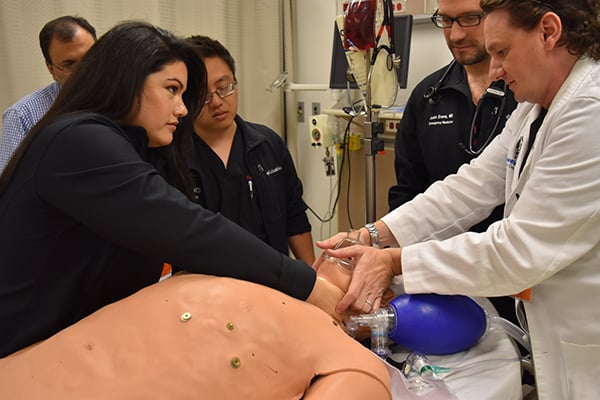


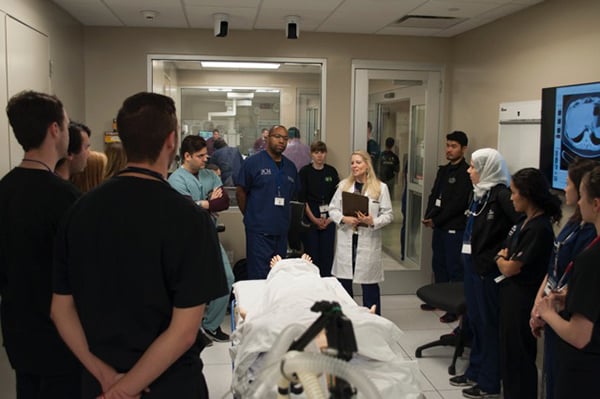
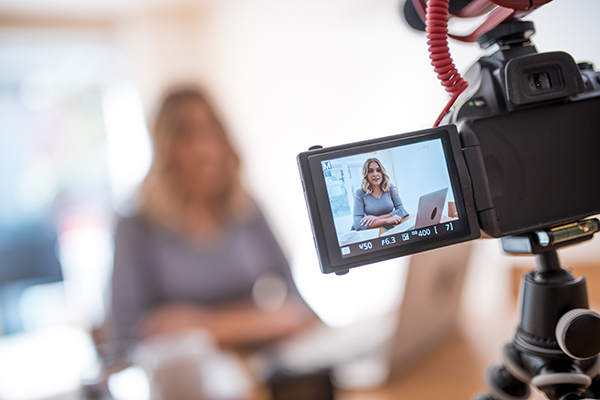

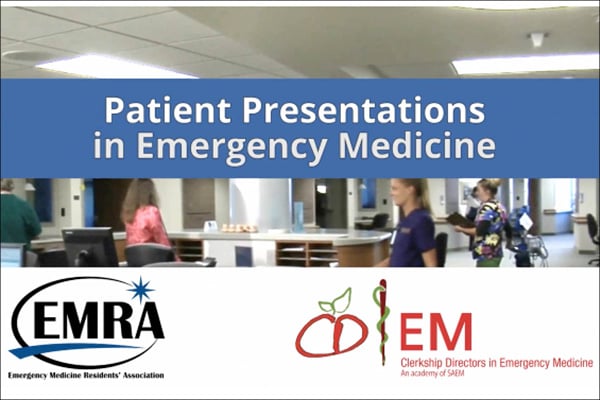
Medical Students
,
Medical Education
,
Training
,
Med Student
,
MSI
,
MSII
,
MSIII
,
MSIV
,
PGY1
The ED patient presentation is unique in the house of medicine for its brevity and ability to pack a lot of information into very few words. Have you mastered this skill? Get tips here.
That's My Story and I'm Sticking to It!
4/4/2018 Chichen Qiu, MD

Match
,
Advising
,
Personal
,
Med Student
,
MSIII
,
MSIV
Every year in March, there's a lot of excitement surrounding Match Week. What happens when the news you receive is not what you wanted to hear?


